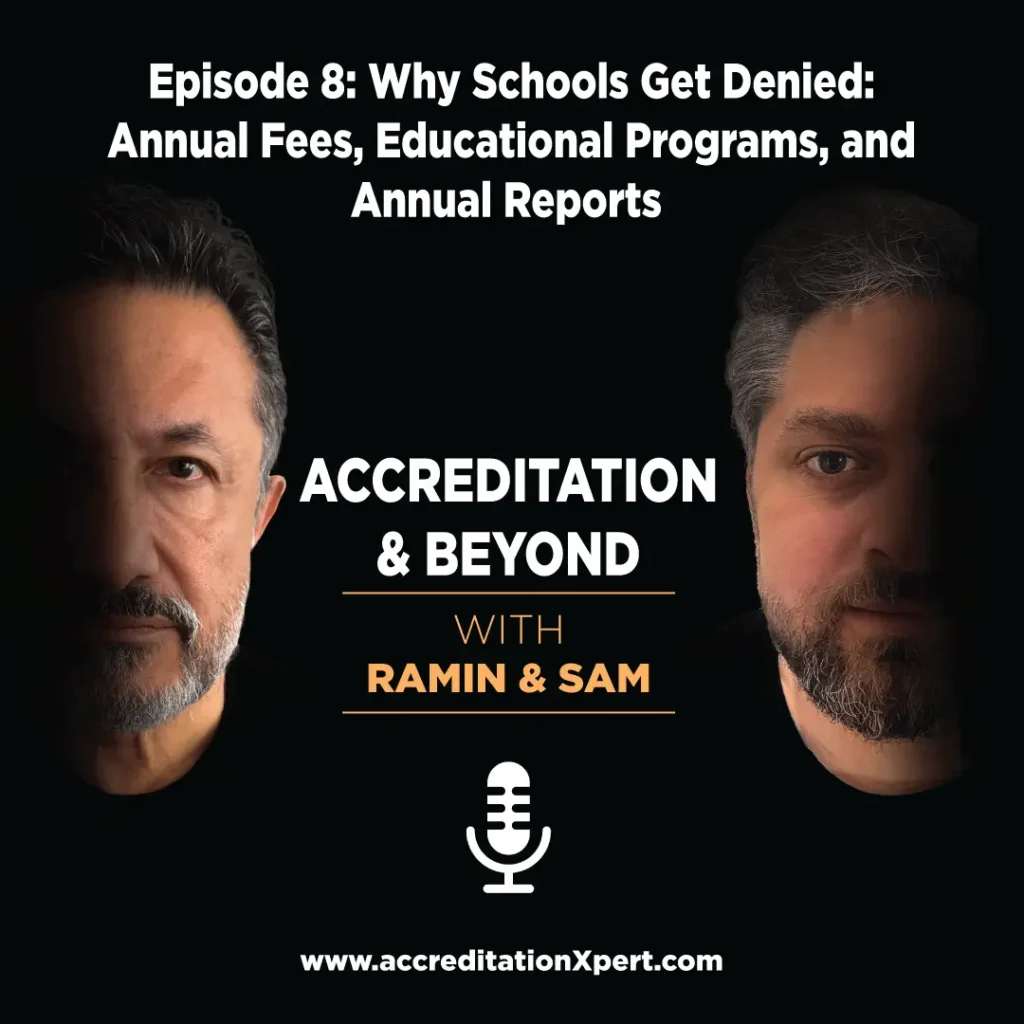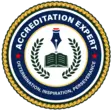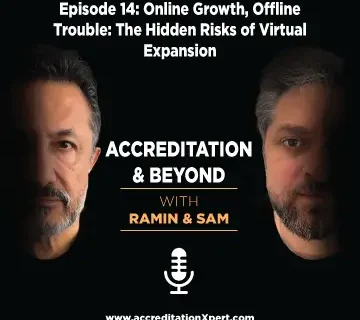
Why Schools Get Denied – Annual Fees, Educational Programs, and Annual Reports
Starting the institutional accreditation process is an exciting milestone for many schools, but not all of them make it to the finish line. In this episode, we explore the three most common reasons schools are denied accreditation, and how to avoid these costly mistakes.
Failure to Pay Annual Fees
One of the simplest yet most common reasons schools are denied is due to missed or delayed annual payments. Accreditation is not a one-time event, it’s a continuous relationship. Schools that fail to keep up with annual financial obligations often face administrative dismissal.
Lack of a Structured Educational Program
A clear and well-documented curriculum is essential. Accreditation bodies need to assess the quality and consistency of instruction. Schools without a coherent educational plan raise red flags and often cannot pass the review process.
Missing or Incomplete Annual Reports
Accreditation is about accountability. Annual reports demonstrate transparency, growth, and progress. Schools that fail to submit these reports, or submit low-quality versions, often lose credibility and risk rejection.
Who Should Listen to This Episode?
- School principals and academic directors
- Education consultants and accreditation coordinators
- Administrative staff involved in compliance
- Anyone involved in the institutional accreditation process
Key Takeaway:
Accreditation is not just a status, it’s a commitment to excellence.
By staying organized, submitting required documents, and investing in a strong academic foundation, schools can maintain and grow their accredited status with confidence.
This episode is a must-listen for anyone looking to understand the real reasons schools fail in the accreditation process, and how to succeed instead
Ready to strengthen your school’s accreditation process?
Don’t let avoidable mistakes hold you back.
Contact our team today to get expert guidance on compliance, reporting, and curriculum alignment.





